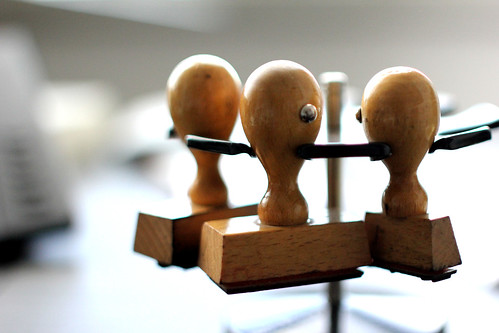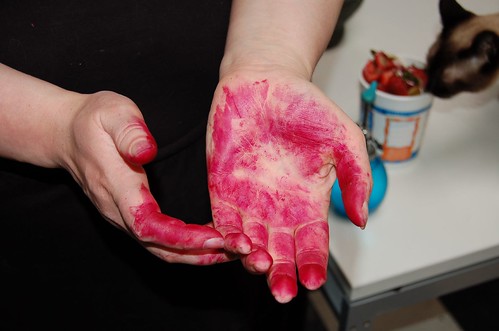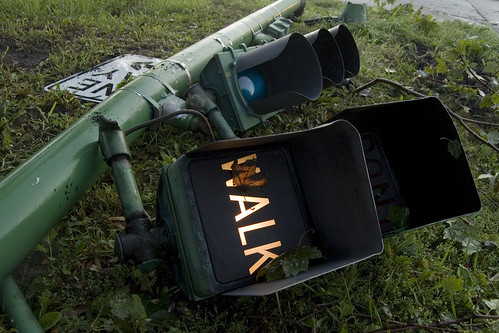If I lived in Middle Earth, I wouldn’t be an Elf (insufficiently ethereal) or an Ent (too hasty) or even a Dwarf (I don’t like beer). I’m not wise enough to be a wizard, or big enough to be an oliphaunt.
I’d like to think I’d be a bard in the hall of some minor HorseLord (or HorseLady) of Rohan, kept to work up the deeds of my employer into suitably heroic (and alliterative) verse to be chanted over a goblet of wine after dinner.
I’m thinking of practising my compositional skills on the saga of Boromir’s heroic resistance to swallowing a pill. (That’s Boromir my cat, not Boromir, son of Denethor. As far as I know, Boromir of Gondor could take his medicine with the best of ’em.) I could even try my skills at flyting.
But it seems more likely that I would have been a Hobbit: a short, round homebody.
The world of Middle-Earth is one of those fictional creations which exerts a fascination over its fans so strong that they want somehow to become part of it. Of course, the best way to become part of a story you love – or more accurately, to make it part of you – is less by buying the merchandise (how many One Rings can there be?) and more by incorporating the values and culture of the story into your own life. Living the story, in other words.
I recently read a book by the intriguingly named Noble Smith, titled The Wisdom of the Shire: A Short Guide to a Long and Happy Life. (NB: if your surname is Smith, it behoves you to give your child an interesting forename. Mr Smith’s parents have clearly done their duty by him.) He draws out the threads of hobbitness from the tapestry of the novels which include them, and suggests how we might weave these threads into our own lives. “The Shire can become as real as we make it in our own lives and communities and countries.”
He speaks of the value of a good night’s sleep, suggesting that going to bed is a more sensible (and hobbity) thing to do than posting “I’m tired” on Facebook. He suggests eating locally grown food – what could be more hobbity than fresh garden produce? – and even provides a plan for growing a hobbity vegetable patch of your own. He promotes the hobbit pastime of walking, the importance of sustainability, and the value of quality craftsmanship (there’s no plastic dreck in a hobbit hole).
Parties are heartily encouraged, along with singing and the company of good friends – those with whom you can spend time “just hobbitting about.” Loyalty to friends is praised, as is the mending of quarrels, and the everyday devotion of what he calls “heroic monogamy.”
Reality, he notes, is superior to virtual reality. Anyone who has ever received a virtual gift knows this. Consider giving out mathom at your next party – your clutter can be another person’s gift. Greed is not good – don’t be a Sackville-Baggins.
When it comes to dealings with the Big Folk, Smith stresses the need to be true to yourself, not changing – or pretending to change – to suit the company in which you find yourself. Hobbits are never anything but themselves (even if they have been known to travel under an assumed name.)
Noble Smith writes strongly against the erosion of people’s rights (such as privacy) by the powers that be, adamant that such a state of things can only continue as long as people allow it – which would be a most un-hobbity submission. Bureaucracy is to be tolerated only so long as it serves the people – not vice versa. “Baffling rules made by flawed men sometimes need to be torn down and replaced with the standards of common sense.” There are few beings more commonsensical than a hobbit with his feet on the ground.
But perhaps you do not yearn for the rustic simplicity of a hobbit life. What world do you dream of – and how will you draw it into your waking life?











